Equitable Cancer Solutions: How Close Are We?
-
40% HigherMortality from breast cancer for black women vs. white women
While many may think of technology solutions as objective and unbiased, recent clinical studies have demonstrated how these products often amplify the biases of their creators and can further exacerbate health inequities.
Félix Chinea, MD
Head of Diversity, Equity, Inclusion and Belonging at Doximity
At first, accessibility will remain limited. Patients from historically underserved populations will experience delays and find it harder to get individualized treatments. But organizations from the AMA to the White House are making equity and access a key priority.
New companies are targeting overlooked communities, including Boston-based Folx Health, which addresses health concerns of LGBTQ+ patients, who are often stigmatized in traditional clinics. TrialJectory, in New York, matches cancer patients to clinical trials and boosts participation by underrepresented groups. Surveys show receptiveness to medical mobile apps like Survive and Thrive, which was created by Sacramento nonprofit Carrie’s Touch to support black women with breast cancer, who have 40% higher mortality than white women.
Globally, over 90% of cancer research is conducted in high-income countries, and research lags in low-to-middle-income countries. Areas missed by research include cancers caused by occupational carcinogens, tobacco use and khat chewing. Also underfunded in low-income countries: distribution of vaccines for HPV, which causes cervical cancer.
In a first-of-its-kind deal, Novartis has agreed to license its leukemia drug Tasigna to generics manufacturers for distribution to lower-income nations. If we want to ensure equitable access to care, a benefit to all society, more companies should follow suit.
I see major advances in saving lives from cancer in the next 10 years by eliminating cancer health disparities …by ensuring equity in access to quality cancer care to all persons.
Karen M. Freund, MD, MPH
Physicianin- Chief for the Tufts Medical Center Department of Medicine and Professor of Medicine at Tufts University
